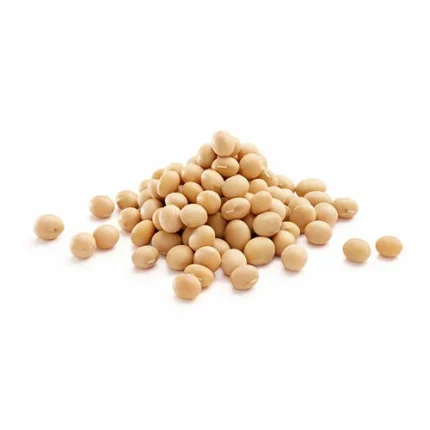
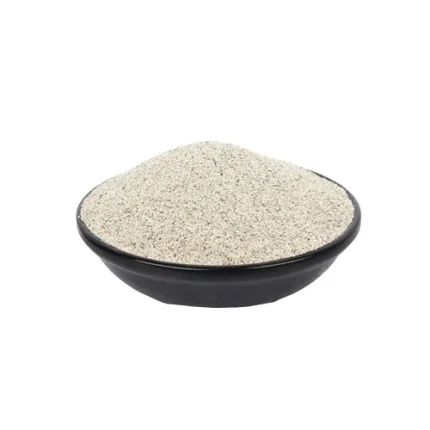
Sunflower seeds تخم سورج مکھی
₨280 – ₨1,000
Overview
Sunflower seeds are harvested from the flower head of the sunflower plant. While the seed itself is encased in a black and white striped shell, sunflower seeds are white and have a tender texture. Known for their distinct nutty flavor and high nutritional value, you can eat the seeds raw, roasted, or incorporated into other dishes.
Benefits:
Sunflower seeds are rich in nutrients that provide numerous health benefits. They can help manage cholesterol levels, thereby lowering the risk of heart disease. With their high protein and fiber content, sunflower seeds can keep you feeling full for longer, which may aid in weight loss by curbing calorie consumption. They are also an excellent source of phytoestrogens, plant-based compounds that resemble hormones like estrogen, helping to maintain hormonal balance. The significant amounts of calcium and magnesium found in sunflower seeds contribute to stronger bones and better joint health. Additionally, they boost the immune system, which is particularly advantageous during pregnancy. Sunflower seeds also support digestion during this time and supply essential vitamins and minerals. Furthermore, they can enhance mood, concentration, and memory. Packed with antioxidants, sunflower seeds help protect your cells from damage, promoting overall well-being and keeping your skin soft and healthy.
Side Effect:
You may experience adverse effects from consuming whole sunflower seeds, especially if you eat a lot of them. The hull or outer shell can be sharp and hard to digest. Additionally, eating too many hulls can cause fecal impaction (FI), which is a severe form of constipation. The sharp hulls can also puncture or attach to the linings of the esophagus or digestive tract if not chewed properly. so its recommended to consume unshelled sunflower seeds to avoid these possible adverse effects.
How to Consume:
- Eating raw seeds as a portable and easy snack
- including seeds as part of the route mixing
- sprinkle roasted or raw seeds on top of cereals, cooked vegetables, or salads
- to add seeds when baking bread or muffins
- to make sunflower seed butter using a high-speed blender
- Mix it with other nuts and fruits.
You can also eat sunflower seeds in a variety of dishes. Here are a few ways you can incorporate them into meals:
- Sprinkle on top of a salad
- Add to trail mix
- Stir into oatmeal
- Sprinkle over stir fry or mixed vegetables
- Add to veggie burgers
- Mix into baked goods
- Use sunflower butter in place of peanut butter
Nutitional Value:
The main nutrients in 1 ounce (30 grams or 1/4 cup) of shelled, dry-roasted sunflower seeds are
| Calories | 163 |
| Total fat, which includes: | 14 grams |
| • Saturated fat | 1.5 grams |
| • Polyunsaturated fat | 9.2 grams |
| • Monounsaturated fat | 2.7 grams |
| Protein | 5.5 grams |
| Carbs | 6.5 grams |
| Fiber | 3 grams |
| Vitamin E | 37% of the RDI |
| Niacin | 10% of the RDI |
| Vitamin B6 | 11% of the RDI |
| Folate | 17% of the RDI |
| Pantothenic acid | 20% of the RDI |
| Iron | 6% of the RDI |
| Magnesium | 9% of the RDI |
| Zinc | 10% of the RDI |
| Copper | 26% of the RDI |
| Manganese | 30% of the RDI |
| Selenium | 32% of the RDI |
| Weight |
|---|


 Shop layouts
Shop layouts
 Food Supplements
Food Supplements
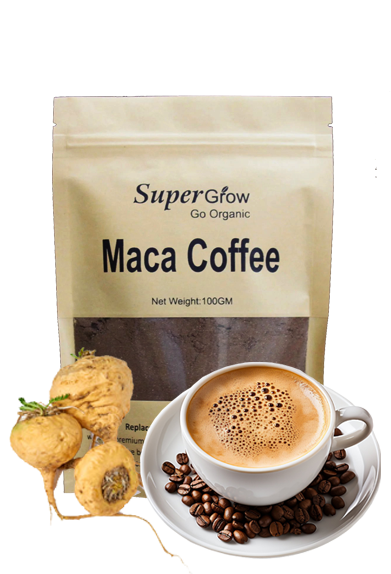
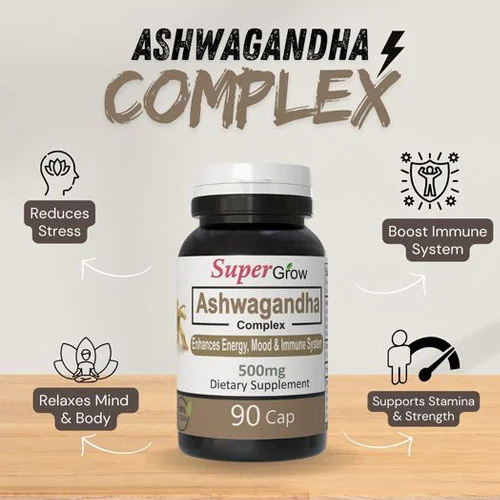

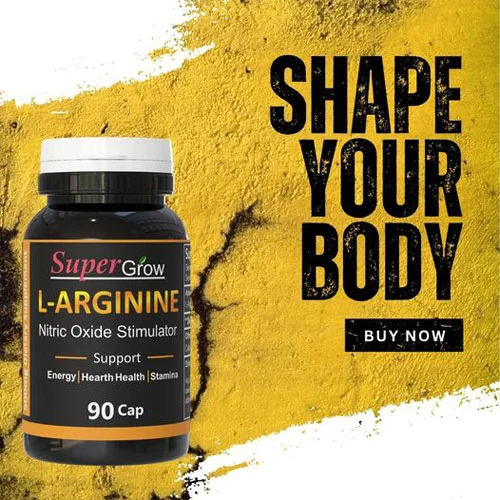
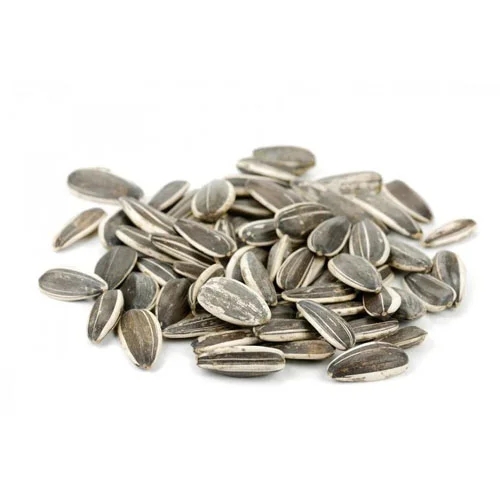
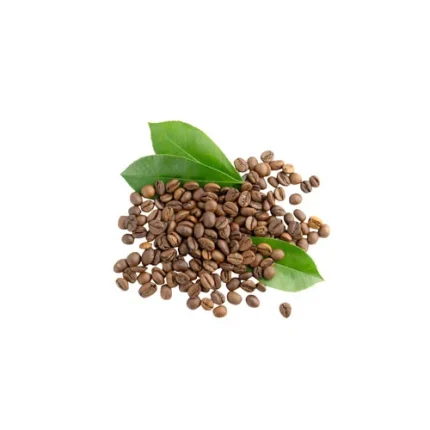
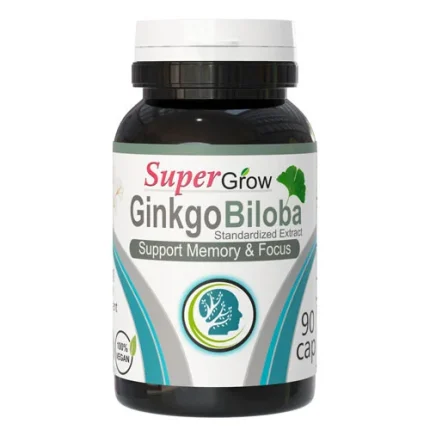
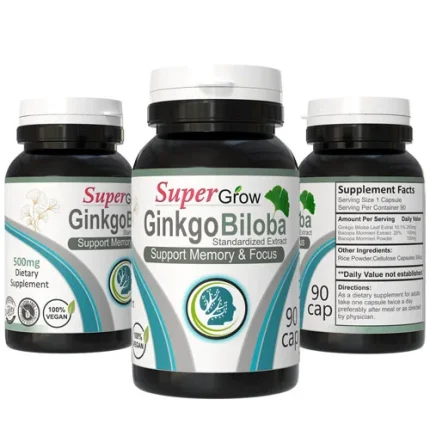
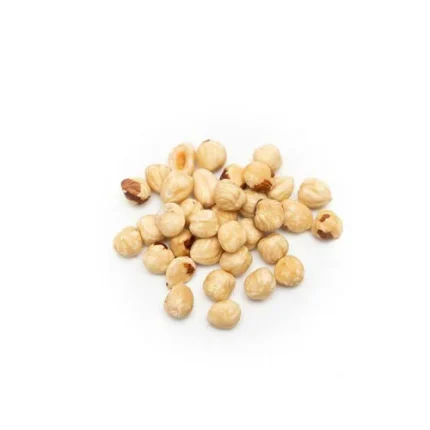
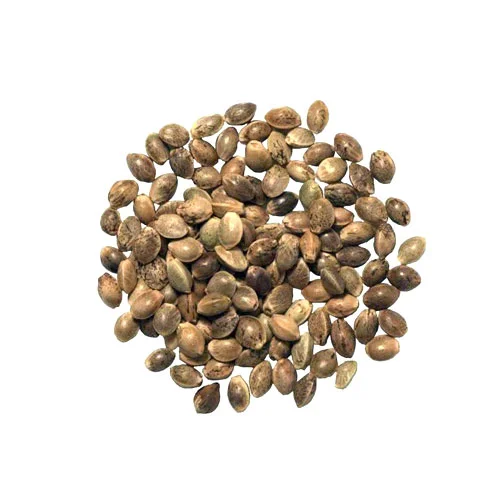
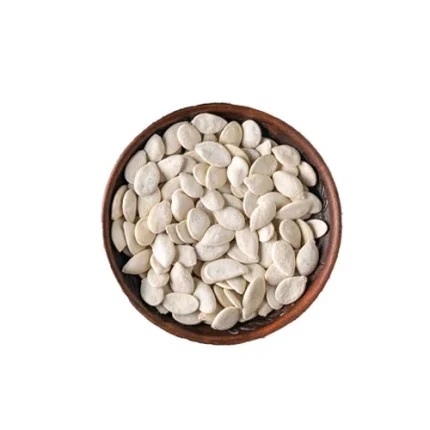
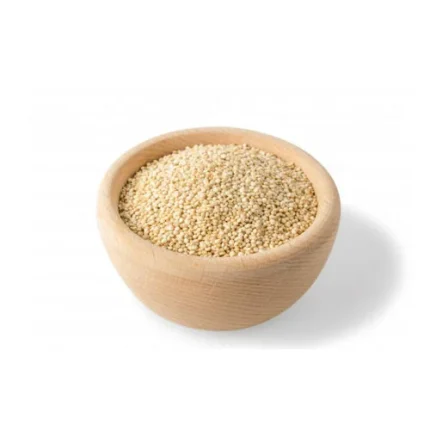
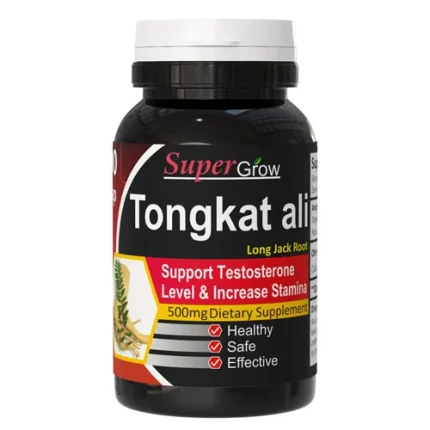
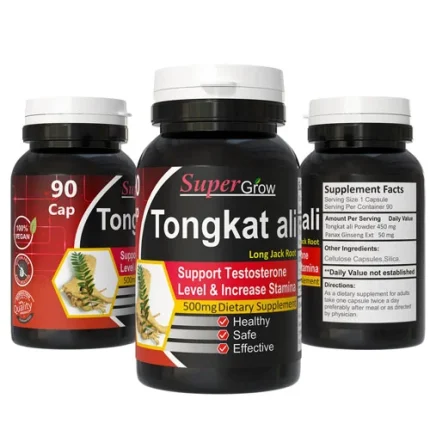
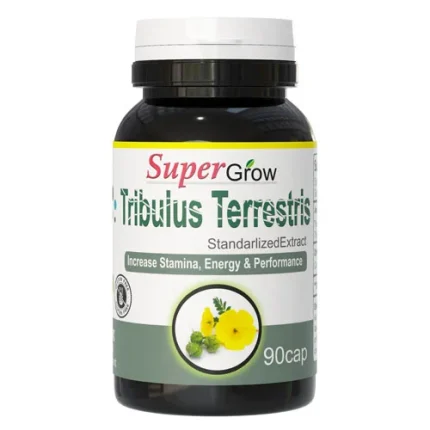
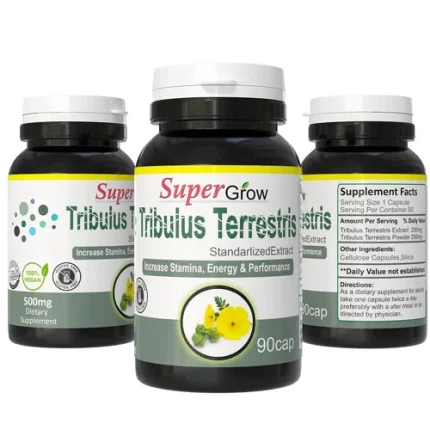
Reviews
There are no reviews yet.